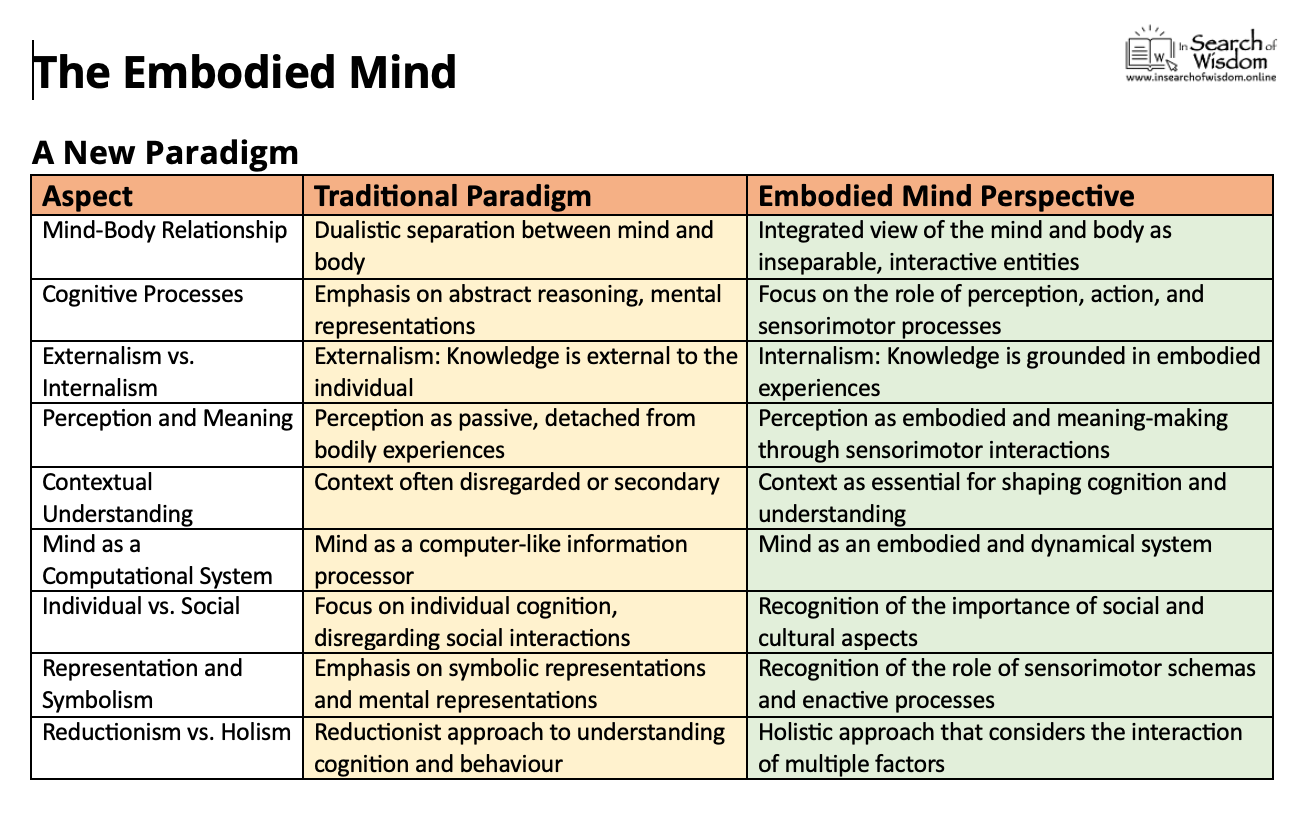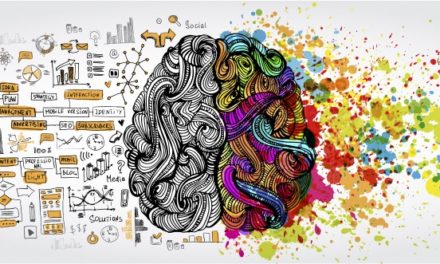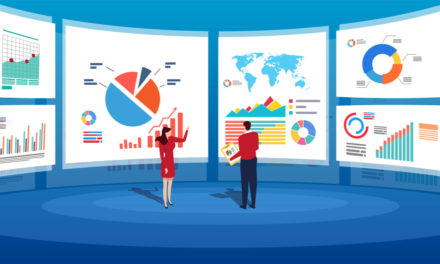Unleashing the Power of Mind-Body Interactions in Projects
Introduction:
In the realm of project management, understanding the human factor is crucial for success. The emerging scientific field of the embodied mind paradigm offers profound insights into the intricate interplay between our minds, bodies, and the environment. By integrating this perspective, project professionals can unlock new dimensions of productivity, creativity, and collaboration. This article aims to introduce the concept of the embodied mind paradigm, emphasizing the depth of scientific evidence supporting it, and providing a clear understanding of what it entails.
Defining the Embodied Mind Paradigm:
The embodied mind paradigm recognizes that our cognitive processes, emotions, and behaviours are not solely products of the brain but are deeply intertwined with our bodily experiences and environmental interactions. It asserts that our minds are shaped by the sensorimotor activities, sensations, and social contexts in which we are embedded.
Scientific Foundations:
The embodied mind paradigm draws on a wealth of scientific evidence from disciplines such as neuroscience, cognitive psychology, and embodied cognition research. It is supported by studies exploring the neural correlates of embodied experiences, the influence of sensory-motor processes on cognition, and the role of social interactions in shaping our thoughts and behaviours.
Embodied Experiences in Projects:
Projects involve diverse individuals collaborating to achieve common goals. The embodied mind paradigm offers insights into how project team members’ bodily experiences, emotions, and social interactions can impact their cognition, motivation, and decision-making. By recognising and harnessing these dynamics, project professionals can create a more conducive and effective project environment.
Implications for Projects
The embodied mind paradigm offers several implications for project sponsors, project leaders, and project management in general. Here are some key considerations:
- Emphasizing the Importance of the Human Factor: The embodied mind perspective highlights the significance of human experiences, emotions, and social interactions in shaping cognition and behaviour. Recognizing this, project sponsors and leaders should prioritize team members’ well-being, motivation, and engagement. Creating a positive and inclusive work environment that values individuals’ diverse perspectives and contributions can enhance team dynamics and overall project success.
- Integrating Embodied Practices: The embodied mind perspective emphasizes the role of the body and sensory experiences in cognition. Project leaders can incorporate embodied practices, such as mindfulness exercises, movement breaks, or opportunities for physical engagement, to promote cognitive flexibility, creativity, and stress reduction among team members. Encouraging a balance between intellectual and embodied approaches can enhance problem-solving, decision-making, and overall team performance.
- Fostering Collaborative and Dialogic Communication: The embodied mind perspective underscores the importance of social interactions and dialogue in shaping cognition and understanding. Project leaders should encourage open, inclusive, and respectful communication within the team. Emphasizing active listening, valuing diverse perspectives, and creating space for constructive discussions can facilitate collaboration, innovation, and effective problem-solving.
- Engaging in Reflective Practices: Reflective practices, such as journaling, group reflections, or regular retrospectives, can provide opportunities for team members to reflect on their embodied experiences, cognitive processes, and project outcomes. Project leaders can encourage regular reflection to enhance self-awareness, learning, and the integration of lessons from previous projects into current ones. This fosters a culture of continuous improvement and knowledge sharing within the project team.
- Adapting to Contextual Factors: The embodied mind perspective highlights the influence of contextual factors on cognition and behaviour. Project leaders should consider the specific project context, organizational culture, and stakeholder dynamics when designing project plans, setting goals, and managing team expectations. Considering the situational and environmental aspects can lead to more effective project outcomes and stakeholder satisfacti
- Promoting Learning and Growth Mindset: The embodied mind perspective supports learning as an ongoing, embodied process. Encouraging a growth mindset within the project team, where individuals embrace challenges, seek feedback, and cultivate a passion for learning, can foster resilience, adaptability, and continuous improvement. Project leaders can create opportunities for skill development, knowledge sharing, and cross-functional collaboration to promote individual and collective growth.
In project management, embracing the embodied mind paradigm can lead to a more holistic and human-centred approach. By recognizing the interplay between mind, body, and social interactions, project sponsors, leaders, and managers can create a conducive environment that promotes collaboration, creativity, and well-being, ultimately contributing to the success of projects and the satisfaction of team members.
Terry Cooke-Davies
14 July 2023
This article was created with the assistance of an AI language model developed by OpenAI.







